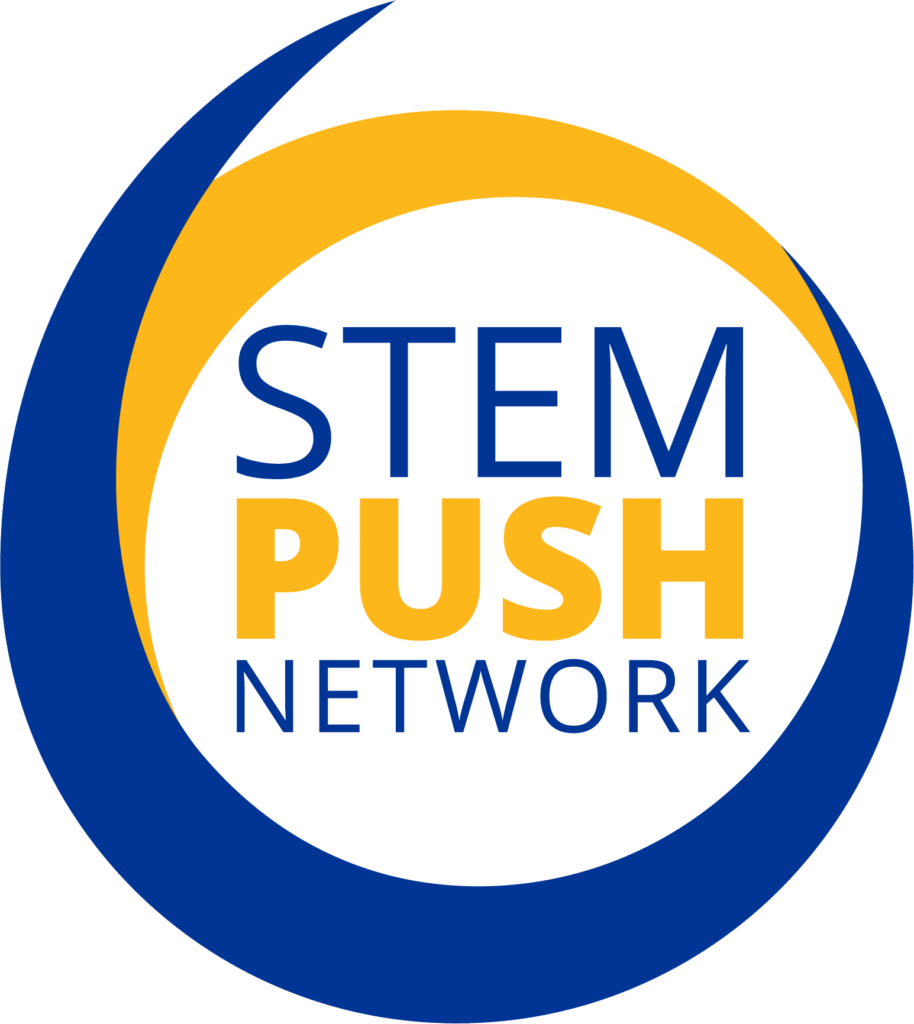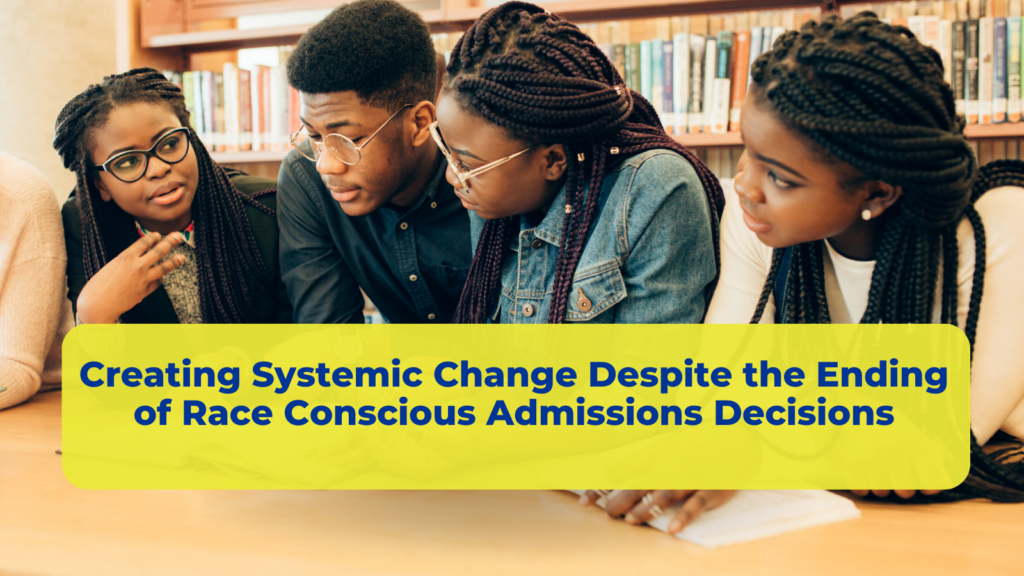Rockefeller works to help ensure that more students can embrace science
NEW YORK – Students who participate in Rockefeller University’s LAB Experience program may have an opportunity to examine their own DNA.
Hundreds of New York middle and high school students come to the university’s RockEDU Science Outreach Laboratory for a look at the life and work of researchers and to spend time in some of the university’s world-famous laboratories.
As a part of the immersive science experience, students often take DNA from their cheeks and perform a polymerase chain reaction with it. They then engage in deep discussions with researchers and each other about the ethics associated with collecting, reporting and modifying genetic information.
The LAB Experience program is an immersive science research experience. These full-day field trips take place in the RockEDU Science Outreach Laboratory and are one of numerous outreach programs that Rockefeller hosts to improve students’ exposure to STEM. Disan Davis, RockEDU Program Manager, said Rockefeller is deeply committed to reaching students who “didn’t know what a scientist was or who a scientist could look like.”
Davis said science for her is a way of looking at and appreciating the world.
“Science is an appreciation of the wonder of the world around us and science is an understanding of a process through which we make sense of the world around us. It is a set of critical thinking, analytical skills and decision-making skills and those skills permeate everything in our lives, regardless of what our students do after high school,” she said.
Davis said the schools surrounding Rockefeller, including the New York City schools, are among the most segregated in the nation and that many students do not have the luxury of seeing science as anything more than a course they have to attend in school.
“There are a lot of kids that do not have access to thinking about these things. There are a lot of kids that do not have the privilege of sort of a philosophical view of science, or an experiential view of science,” Davis said.
She said her university sees its role as training the people who do science.
“Good people do good science and it’s not about making good science happen, it is about making good people and supporting the people, and that science is founded on mentorships and an apprenticeship model.”
Davis said women and people of color are dramatically underrepresented in STEM and for these reasons, and others, she said she is pleased to be a part of the STEM PUSH Network, which is working towards reimagining more equitable pathways in STEM to HigherEd for underrepresented minorities. RockEDU is one of 17 pre-college STEM programs currently in the STEM PUSH Network.
Davis also said that she has learned a great deal about virtual engagement strategies from how the STEM PUSH Network has operated during the pandemic.
“In terms of being able to bring in ideas that are bigger than me or than our team, I think that STEM PUSH has been really huge to sort of open up these conversations,” she said. “And to learn from each other and swap ideas and all of these sorts of things.”

